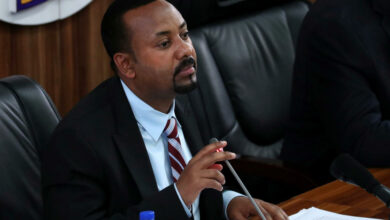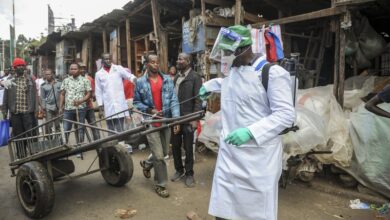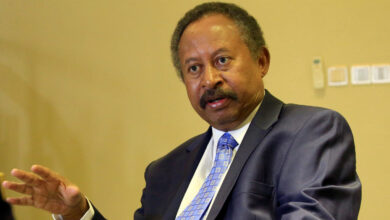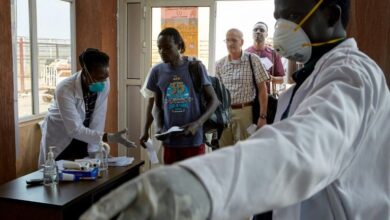
The World Health Organization (WHO) Africa on Thursday called for equitable COVID-19 vaccine access to African countries, reported Anadolu Agency.
Matshidiso Moeti, the WHO Regional Director for Africa, pointed out that Africa is in urgent need of more coronavirus vaccines as deliveries have slowed down eventually and initial batches have almost exhausted in some countries. Some 7.7 million doses had been given to people around the continent.
“A slowdown in vaccine supply could prolong the painful journey to end this pandemic for millions of people in Africa,” said Moeti.
She stressed that acquiring vaccines must not become a competition as fair access will benefit all.
The WHO official added that while some high-income countries are seeking to vaccinate their entire populations, many African nations are still struggling to sufficiently cover even their high-risk groups.
According to the WHO, 44 African countries have already received vaccines via the COVAX facility or through donations.
“Vaccines remain our surest way of beating this pandemic,” said Richard Mihigo, the immunization and vaccines development program coordinator for the WHO Africa.
“It’s unfair that some high-income countries are looking to vaccinate their entire populations, while others — including most in our region — are struggling to reach a significant proportion of at-risk populations,” he added.
According to the Africa Centres for Disease Control and Prevention, there are over 4.1 million confirmed COVID-19 cases on the African continent, with more than 3.7 million recoveries and 110,860 deaths.
In the last four weeks, the number of deaths reported in Africa has dropped by 45% as compared to the previous four weeks. But, the case-fatality ratio for cumulative deaths in Africa is 2.7%, which is still higher than the global figure of 2.2%, according to the WHO.
The WHO Africa has attributed the increase in the number of coronavirus cases to mass gatherings and relaxation in observing public health measures.






